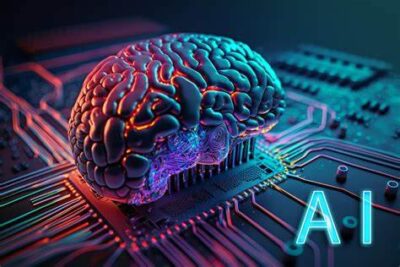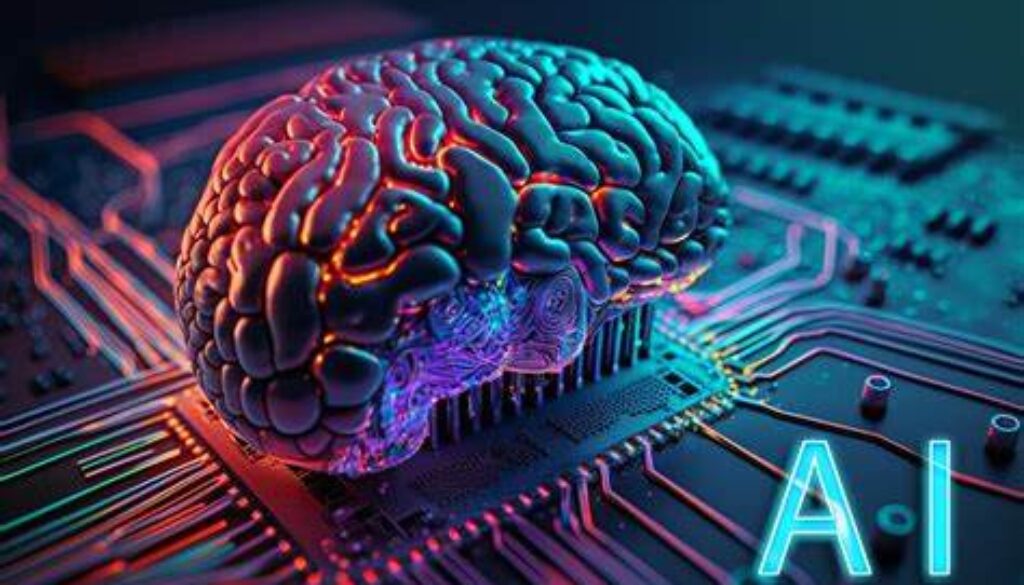How AI is Revolutionizing Modern Traditions and Culture
THE ROLE OF AI IN MORDERN PRACTICES
In today’s fast world, companies are investing in AI more and more to streamline recent traditions in a manner that would help them gain some advantages over the rest. Of course, one promising domain is that of Human Resources or HR. As HR practices are becoming more contemporary and advanced with every passing day, it appears almost unbelievable that artificial intelligence has played such a big role in transforming how organizations deal with talent through recruiting and retaining.

Recruitment and Hiring
HR always considered recruitment as one of the main platforms. AI, however, has made the whole process more efficient and effective. A person can scan thousands of resumes in seconds with AI-powered tools, and select candidates having skills and experience matching that of the job required. Such an initial screening through AI saves huge amounts of time for HR teams so that they may invest more in interacting with top candidates.
AI reduces unconscious bias in recruitment because candidates are analysed based on facts rather than opinions. This can be applied by making use of natural language processing, analysing the job description, and giving recommendations to make use of more inclusive language that can attract the correct pool of applicants. Besides, AI-led chatbots take care of the first interaction with the candidate, answer most of the questions, and even schedule an interview; it makes it a much smoother experience for the applicant and the HR professionals as well.
Optimize Employee Onboarding
Workforce Management and Development
AI is much stronger in workforce management using predictive analytics and insights. It can use historical data and recent trends to forecast the needs of the workforce, thereby assisting the HR teams in preparation for future hiring or restructuring processes. That’s just one way the insights can be applied, and that is to ensure that the human capital strategies remain aligned with the business goals.
Another area where AI stands out is in employee development. AI-based learning platforms test the skills of an individual employee and suggest relevant training programs. This platform ensures that the employees are continually upskilled. This not only improves the career growth of the employees but also increases the productivity of an organization.
Improvement in Employee Engagement
Mostly, retaining the workforce’s interest is a persistent challenge for the HR departments. AI tools, including sentiment analysis software, enable the tracking of feedback from employees through surveys and emails, among other communications to monitor how the mood and the issues of concern are prevailing in the workplace. With immediacy, the HR teams can take action promptly and change the problems to ensure positive feedback also increase engagement by providing tailored employee experiences. For instance, platforms can recommend benefits, perks, or flexible work arrangements according to an individual’s preference, making them feel valued and satisfied.
Processing Administrative Work
The regions also spend a lot of time doing pure administrative work, like payroll processing, benefits management, and tracking compliance issues. They will be relieved of these simple administrative work activities as AI automation takes care of them same. For instance, chatbots can answer most mundane questions about policies or benefits, unloading some workload from HR staff. The organization practices of AI also keep pace with the changes in labour laws. This, therefore, means that all changes will be applied accordingly, thus minimizing the risk of costly legal conflicts and increasing efficiency in operation.
Challenges and Ethical Concerns
Of course, to the advantage of HR, AI presents various issues that organizations need to solve, such as data privacy. Data about HR is sensitive and companies need to put robust security measures in order to guard employee information from data breaches.
Algorithmic bias is another issue. That is, while AI is supposed to work at eliminating human bias, poorly designed algorithms can perpetuate existing discrimination. The organizations should ensure that the AI systems are transparent and auditable with updates reflecting new standards of ethics.
The Future of AI in HR
This means that the use of AI in HR will simply be amplified in the future. Innovations can be better predictions through AI for employee turnover or even creating a virtual workplace for learning and effective collaboration between individuals. Instead, it will be an enabling tool to use AI support to enhance human involvement in the HR function. Responsible use of AI by HR practitioners will open fresh avenues for talent development and improved employee experiences toward organizational success.
Artificial Intelligence, therefore, is a tool for modern HR practices yet the force shaping the future of work. It is through AI that organizations can optimize their HR functions, create more inclusive workplaces, and empower the workforce to thrive in a competitive landscape.
~ By Shraddha Chaurasia, IMS Ghaziabad

